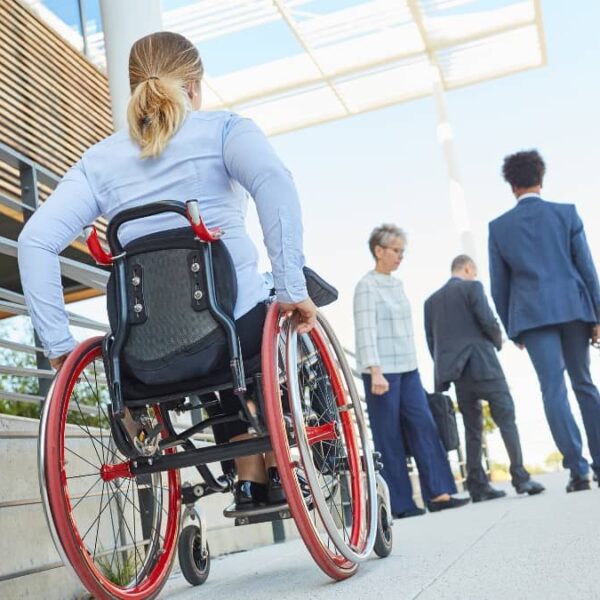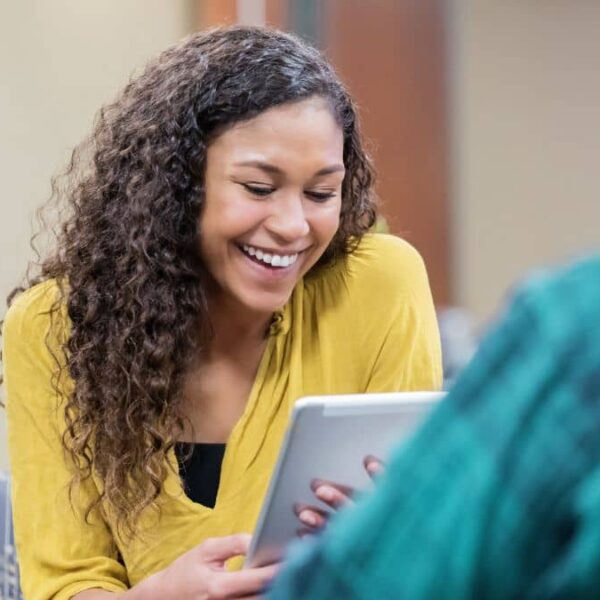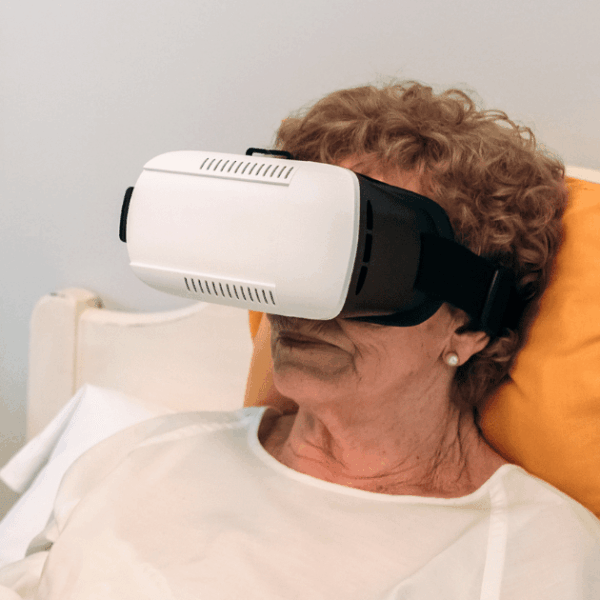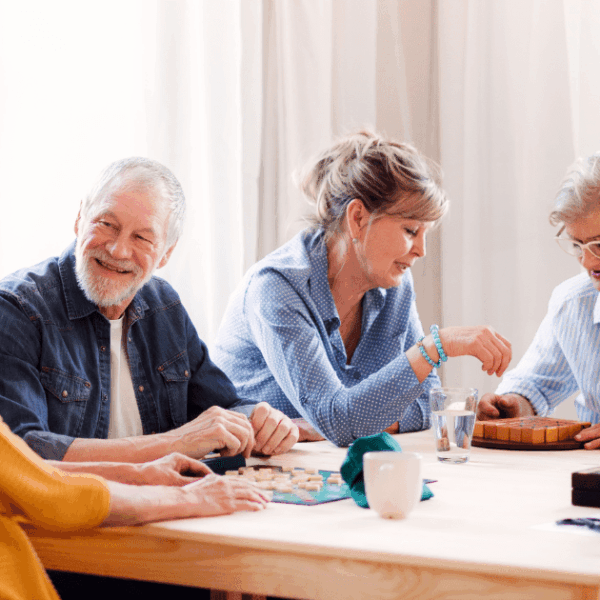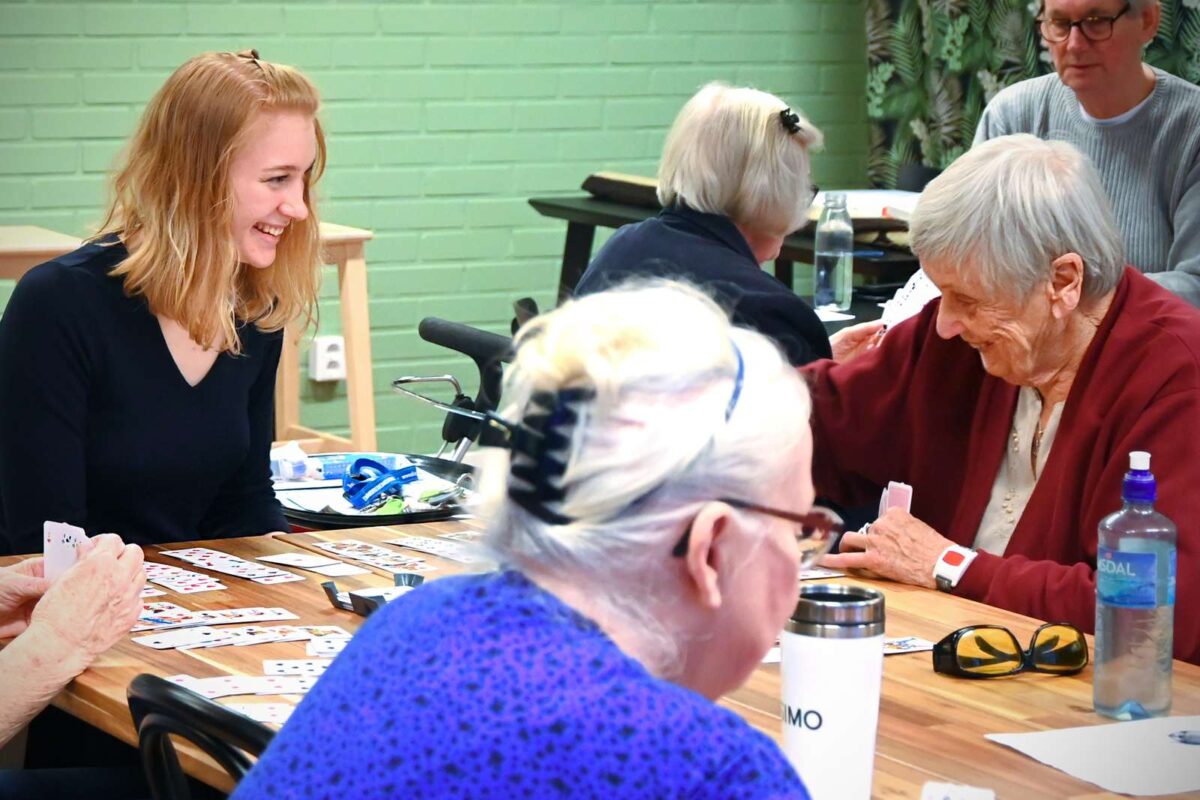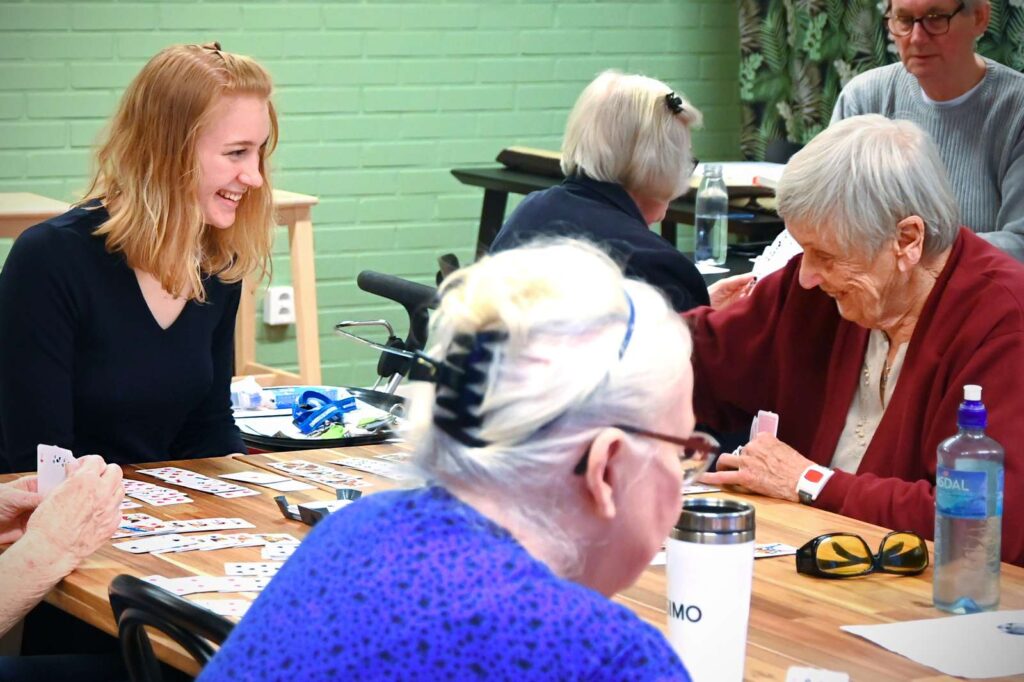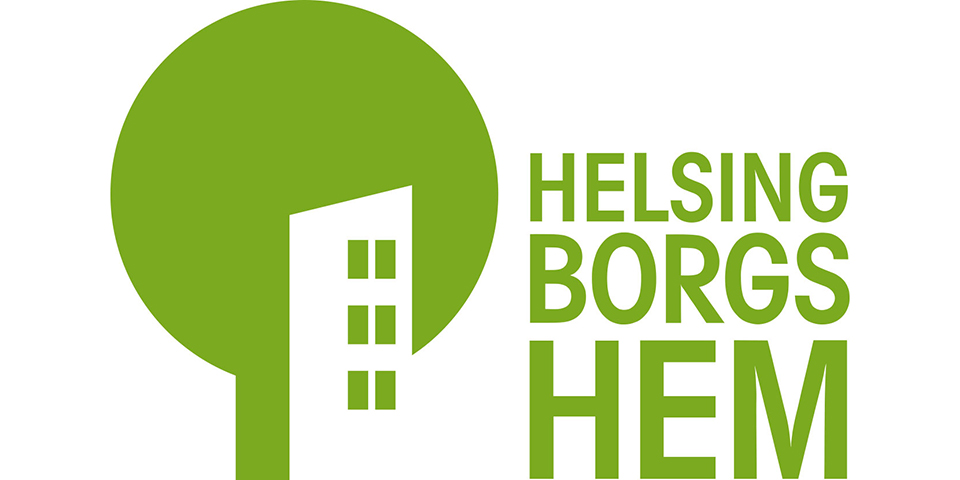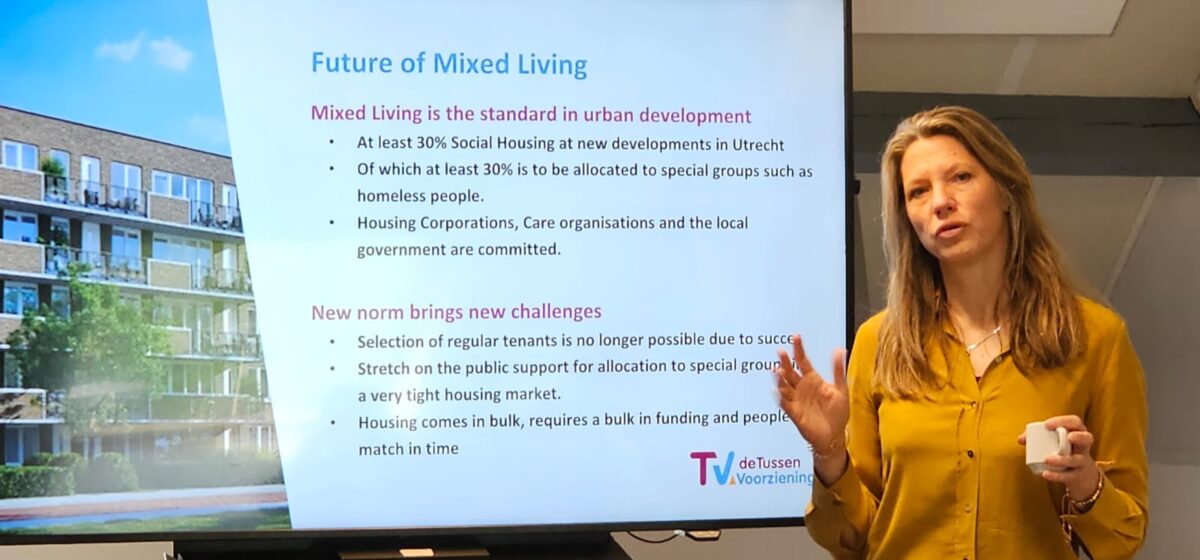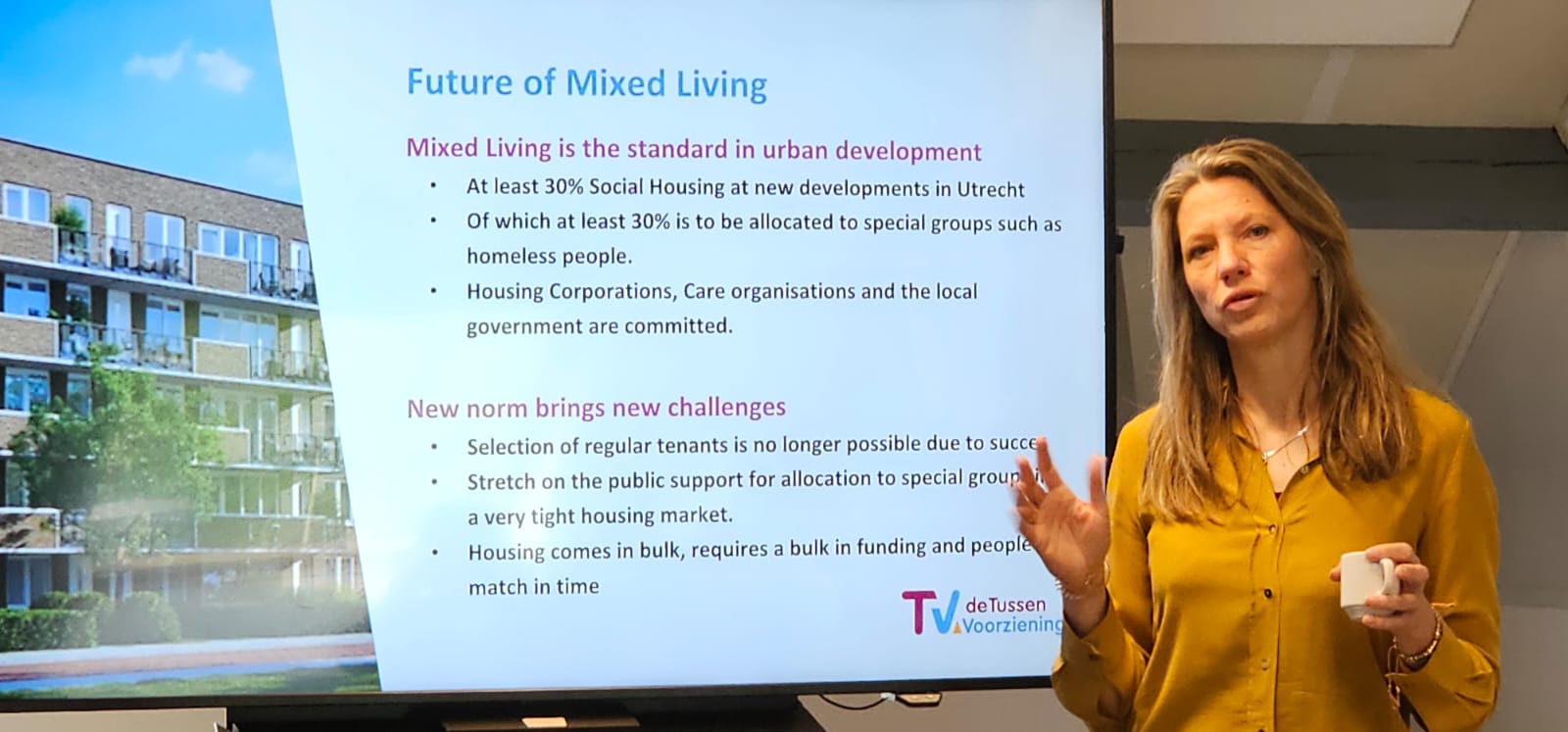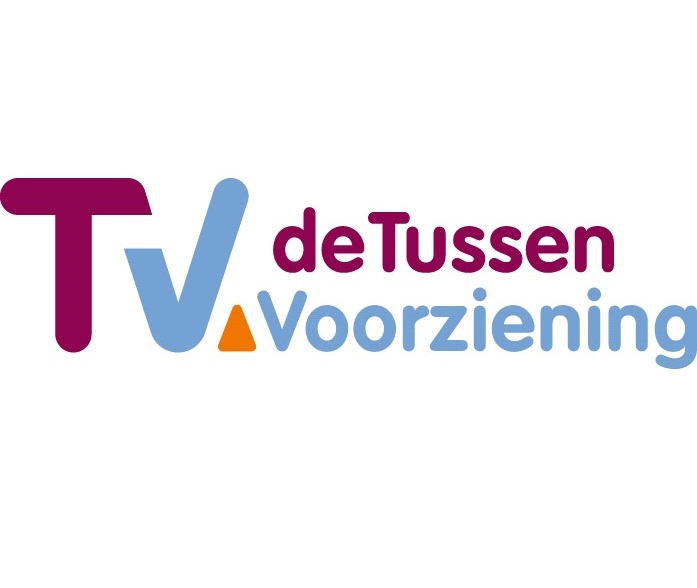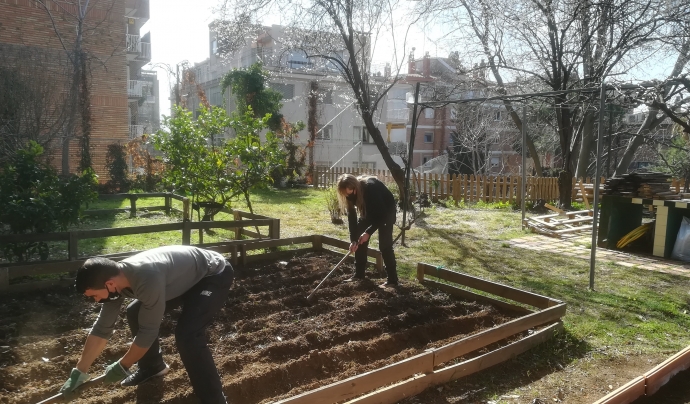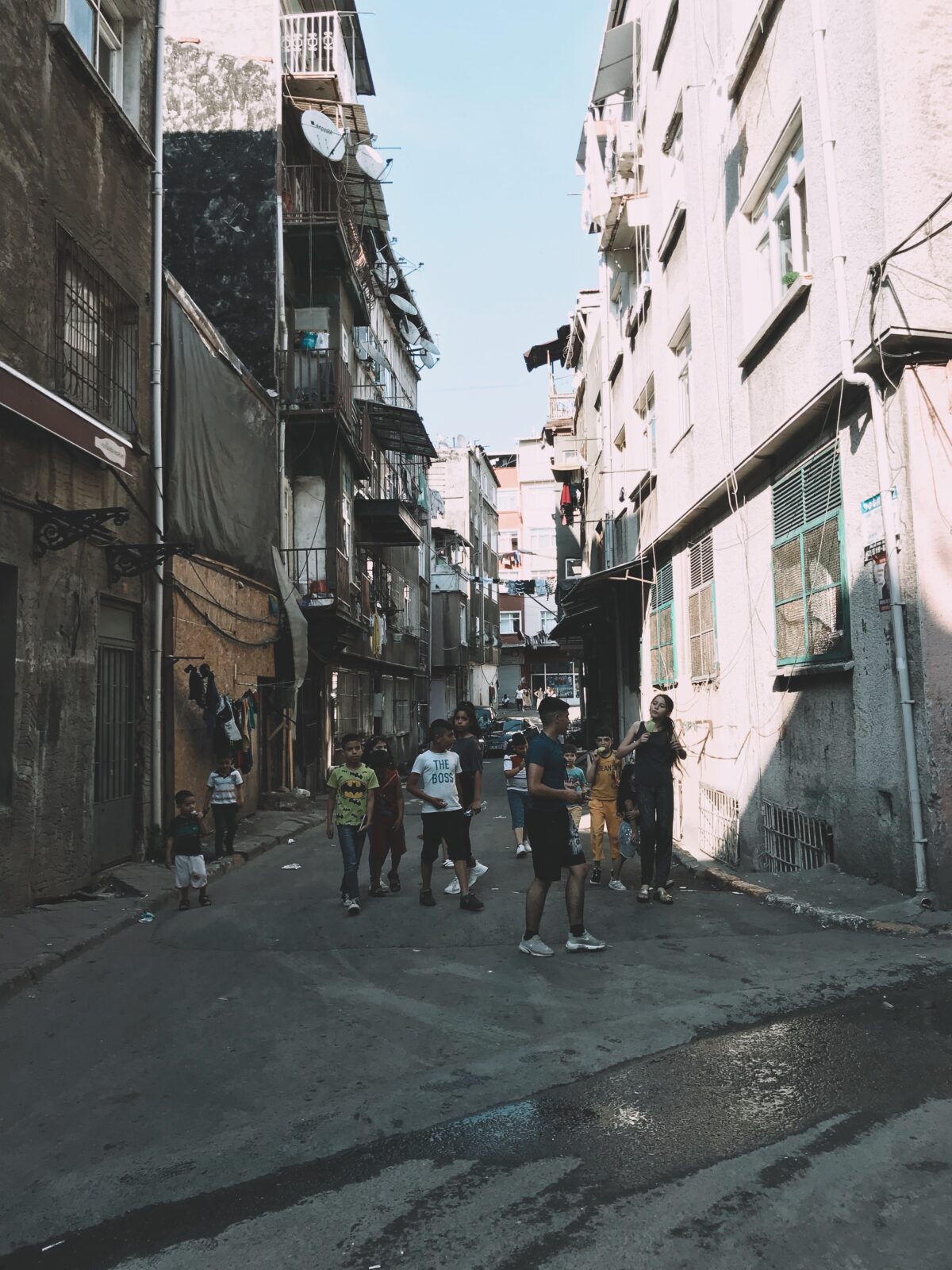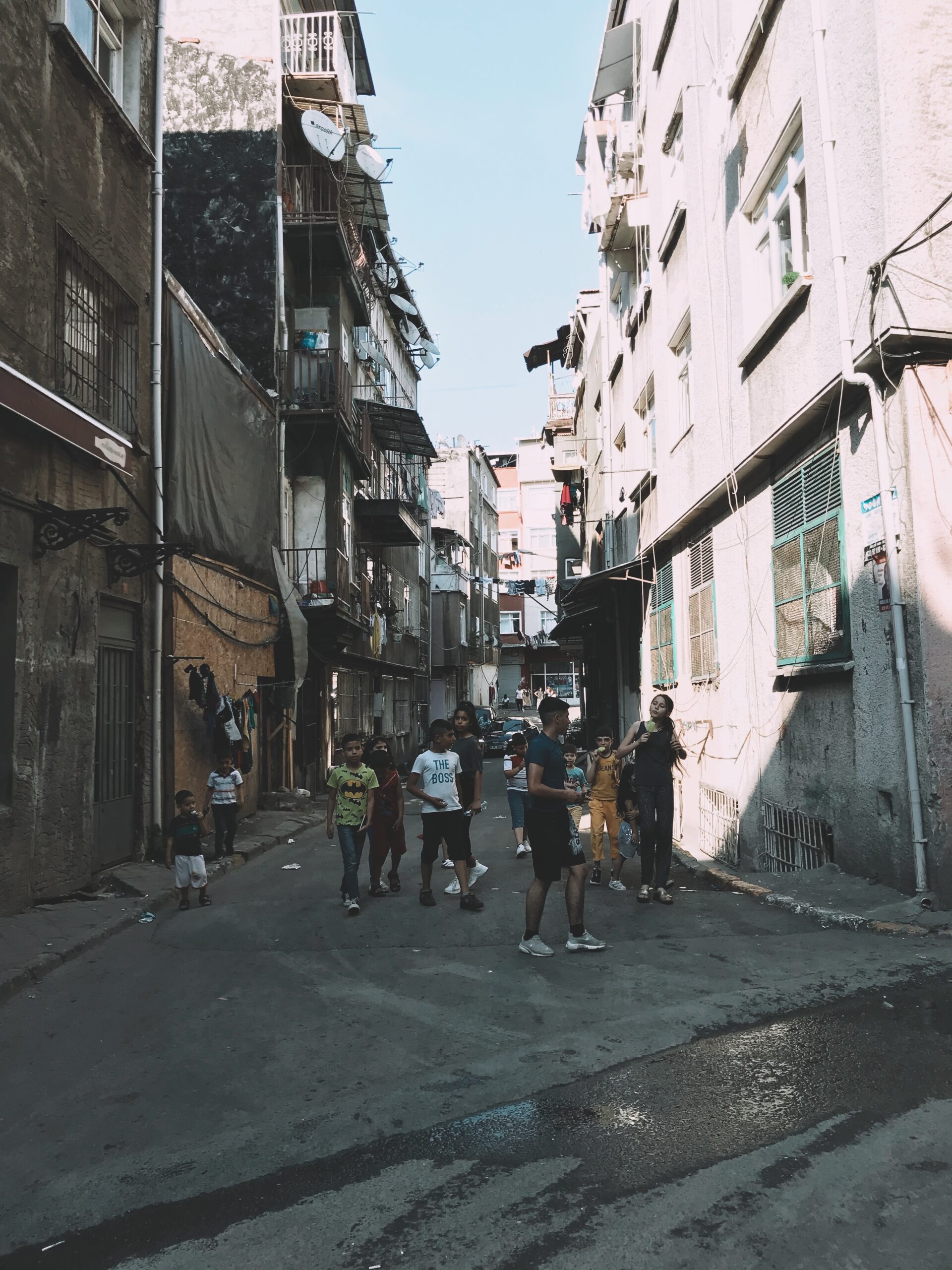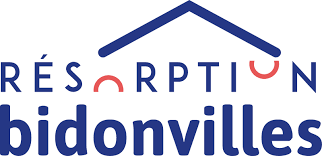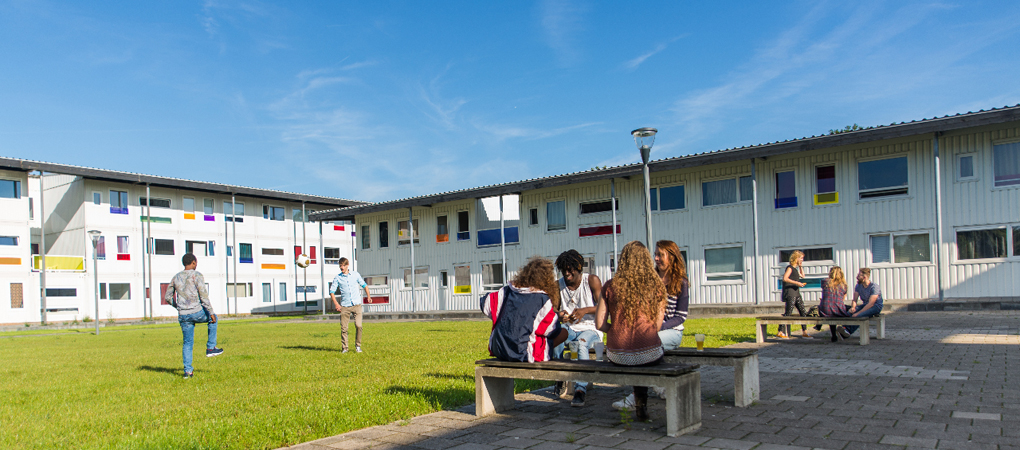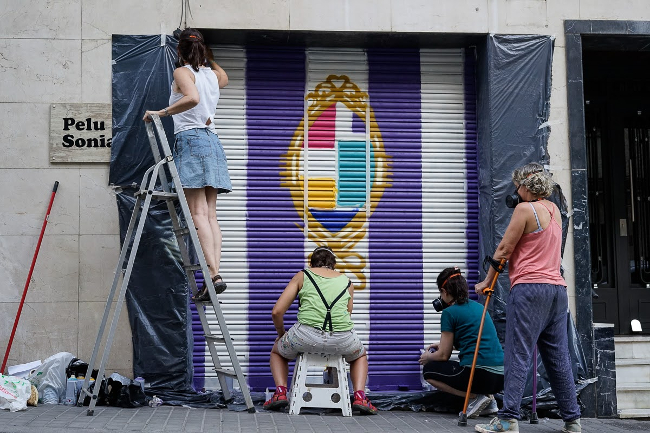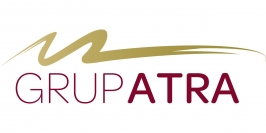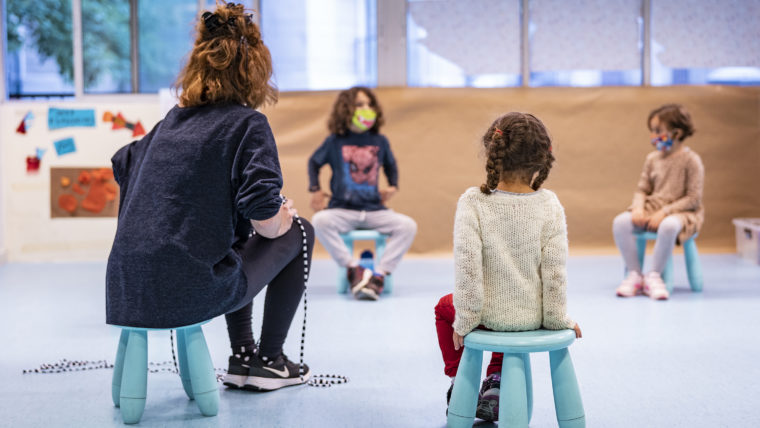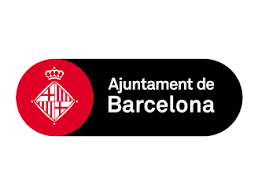Rural Care, innovation in care for rural dependents
Rural Care, innovation in care for rural dependents
Castilla y León Social Services, Junta de Castilla y León, Diputación provincial de Valladolid, Fundation Persones, Plena inclusión Castilla y León, European Social Network
An innovative project that offers social support, health care and opportunities for participation in the community to people with dependency, disability or chronic illness living in rural areas. It aims to enable people to remain at home with security, quality of life and dignity, maintaining their life project and daily routine.
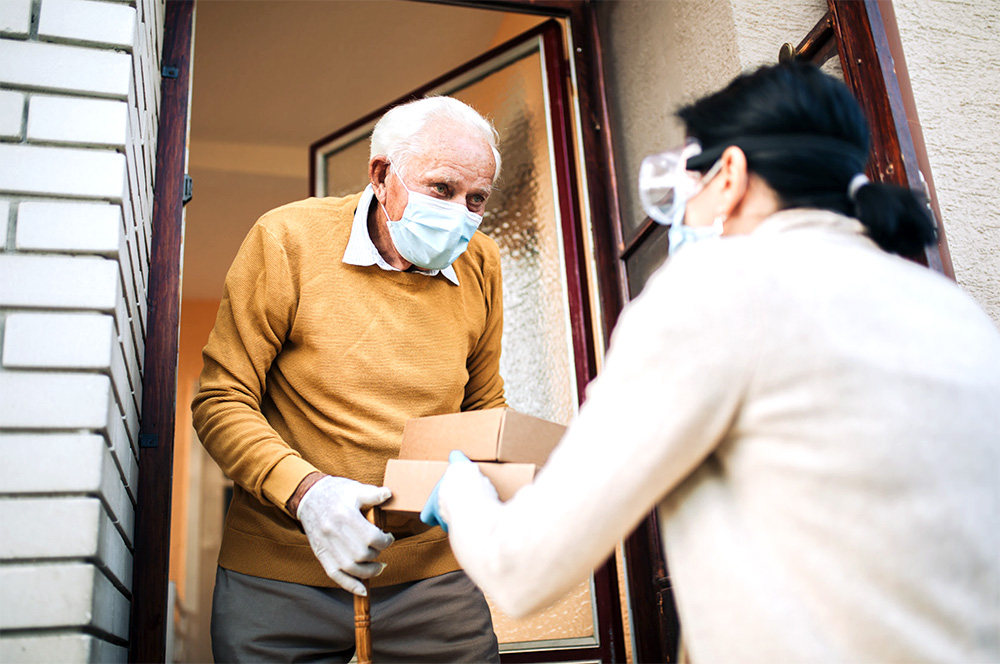
In rural areas, which in recent years have been dominated by an ageing population, families, communities and volunteers play a crucial role in well-being. The Rural Care project stems from the desire to ensure active ageing around the home and is based on the premise that community participation is essential. This initiative is implemented in the province of Valladolid, in a rural context. Thus, this project, which is part of a European initiative for innovation in social services, is designed for people who are in situations of dependency and require constant support and care.
In this sense, the aim is to guarantee the dignity of people, ensuring their autonomy and respecting their preferences and wishes. Rural Care also focuses on the families and carers of the project participants, providing them with support to reconcile care tasks with personal, social and working life, as well as to ensure their own health.
This project stands out for its multi-level partnership of public and private actors, as well as for the coordination of social and health services at different levels. The Support Plan developed for each project participant includes different professionals: a coordinator, a case manager, a reference professional at home and in the community, among others. Among the support actions, it is worth highlighting that the home is also adapted and a personalised community participation programme is designed. In this sense, it is worth highlighting the fact that one of the project’s objectives is to dynamise the rural territory, local occupation, community involvement and social cohesion.
Characteristics of innovation
Localization
Spain
Partners / Funders
European Union
Genesis
The Rural Care project was born out of the need to address the challenges of accessibility, affordability, quality and sustainability in depopulated rural areas. These communities -especially ageing ones- have difficulties in accessing adequate care services. Rural Care was launched on 1 October 2020 and will run for 36 months with the aim of improving this situation and ensuring quality care for citizens in these areas. During this period, the effectiveness of the implemented models has been evaluated and adapted according to the needs and responses obtained.
Level of implementation
Rural Care stands out as an innovative programme. It has been successfully implemented in the communities where it has been implemented, demonstrating high implementation and generating positive impacts in the territory. To date, one of the main lessons learned through the Rural Care project is the importance of the collaboration and combination of diverse actors, such as local institutions and organisations. Thanks to them, it has been possible to create common knowledge and understanding of the needs and opportunities of care in rural areas. This has generated wealth in the territory, as new jobs have been created and has contributed to reducing depopulation, a major threat to rural areas. The successful implementation of the programme has made it want to be extended to rural areas in other regions and countries of the European Union in order to improve the quality of life of their inhabitants and contribute to sustainable development.
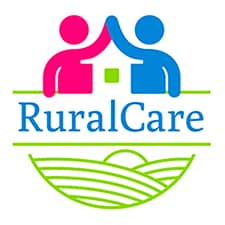
Banc d’innovacions


